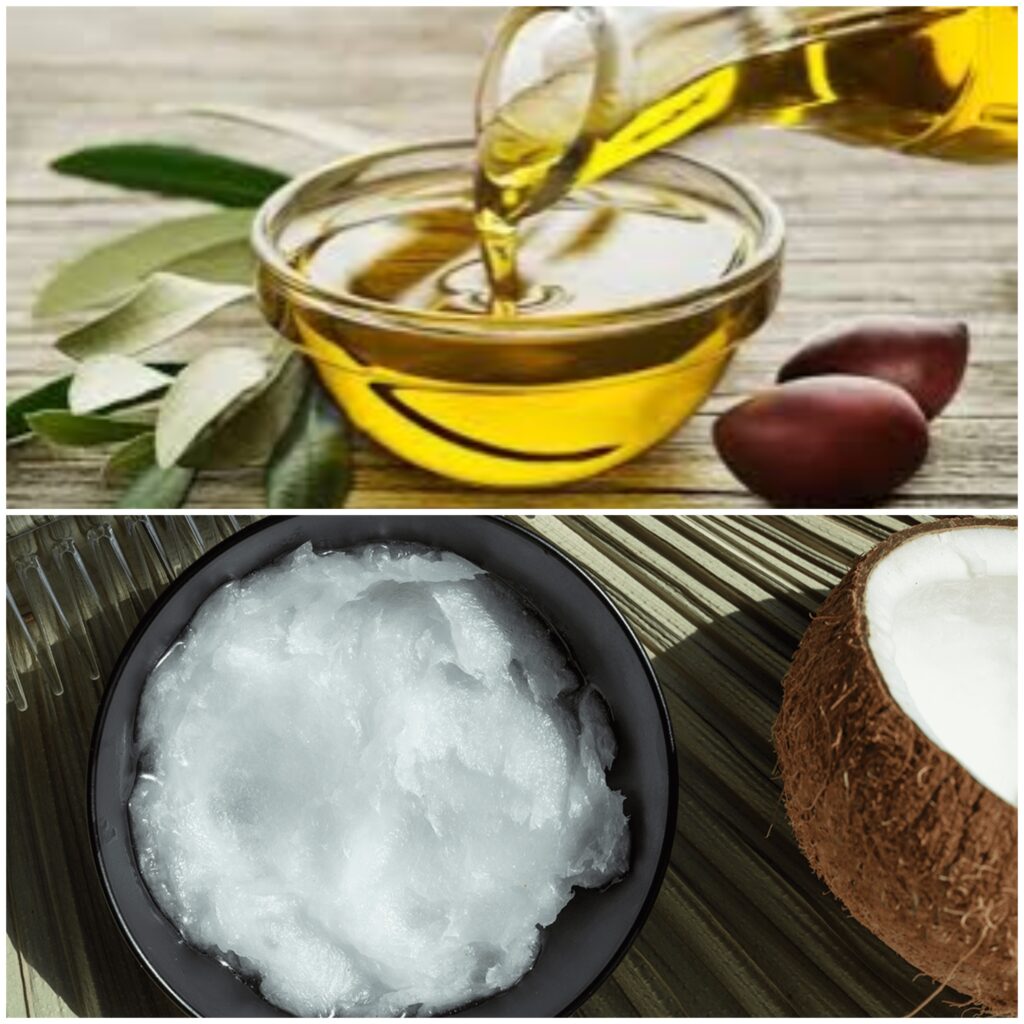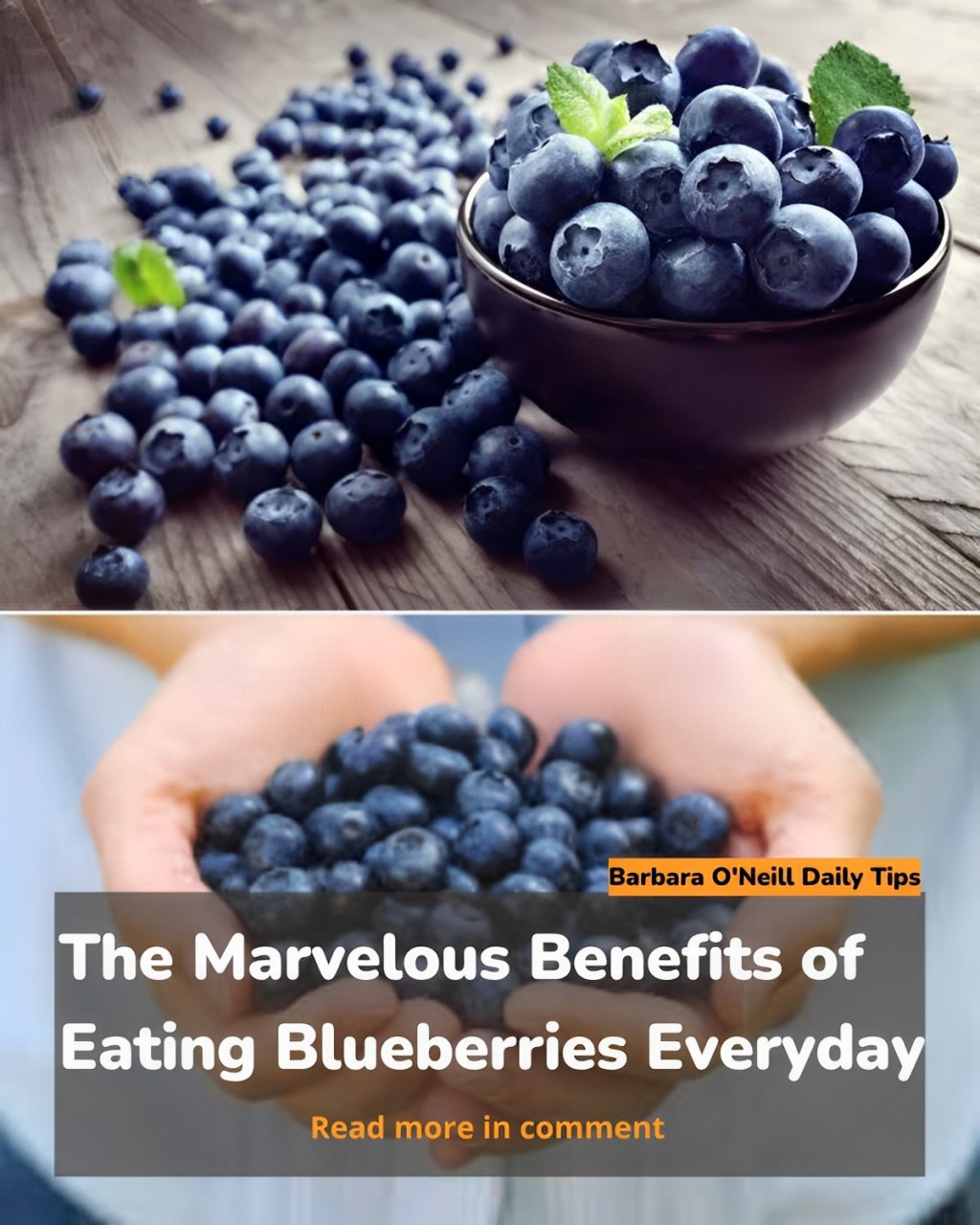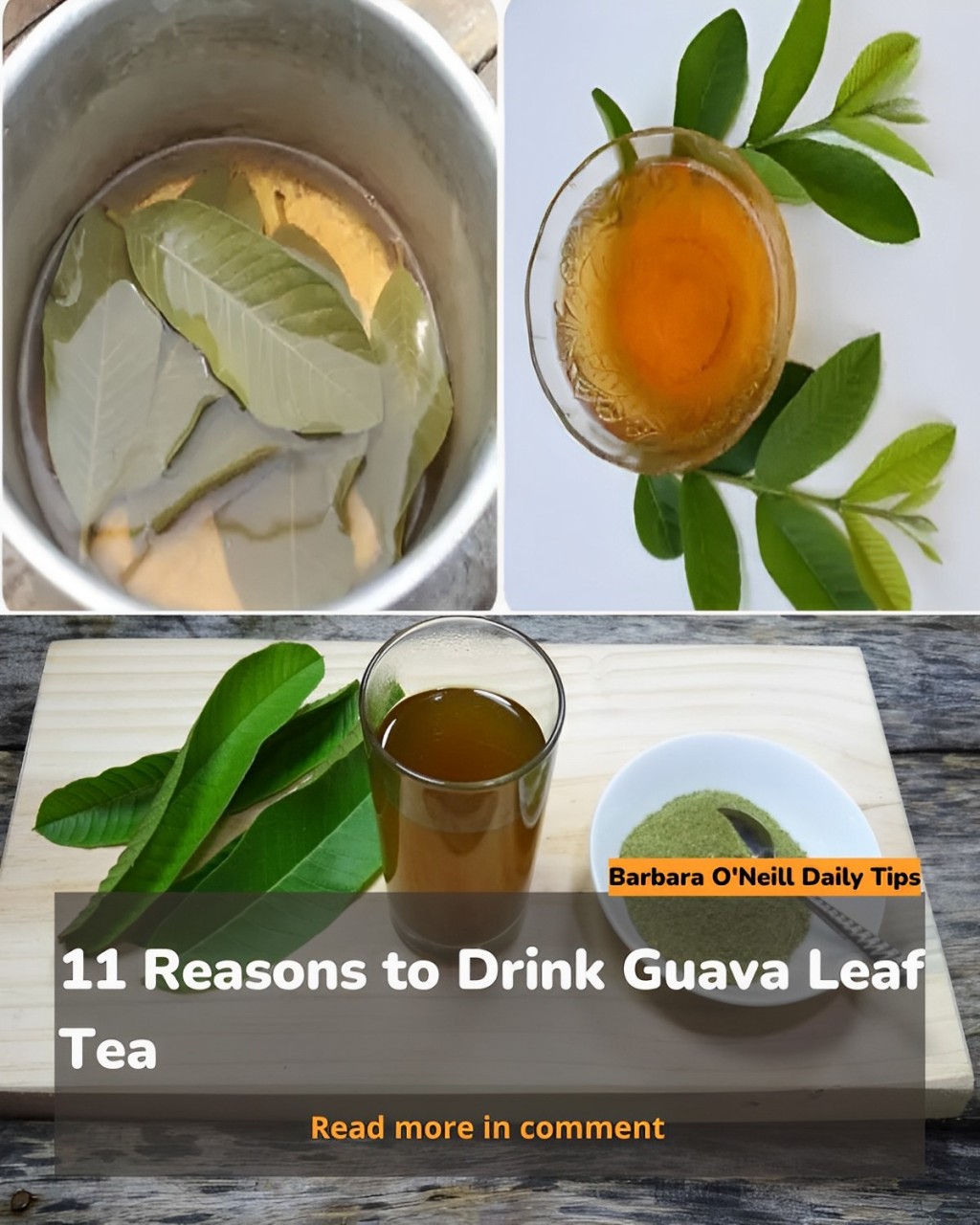
When it comes to healthy cooking oils, coconut oil and olive oil are popular choices, each bringing its unique flavors and benefits to the table. Both oils have their proponents and specific health advantages, so deciding which one is better depends on your dietary needs and cooking style. Let’s explore what each oil has to offer to help you make an informed choice.
Coconut Oil: Benefits and Uses Coconut oil is known for its high saturated fat content, which makes it highly resistant to oxidation at high temperatures. This property makes it an excellent choice for high-heat cooking methods like frying. The main type of saturated fat in coconut oil is lauric acid, which can improve cholesterol levels and help 𝓀𝒾𝓁𝓁 bacteria and other pathogens.
The oil is also noted for its potential metabolic benefits. The fats in coconut oil are mostly medium-chain triglycerides (MCTs), which are quickly absorbed by the body and can be used for instant energy. Some studies suggest that MCTs can help increase the number of calories you burn—thus aiding weight management.
Olive Oil: Benefits and Uses Olive oil, especially extra-virgin olive oil, is less refined and processed than coconut oil, retaining more nutrients and antioxidants. It is primarily composed of monounsaturated fats, which are excellent for heart health. Olive oil is known for its role in the heart-healthy Mediterranean diet and has been associated with lowering the risk of heart disease, balancing cholesterol levels, and reducing inflammation.
Extra-virgin olive oil is best used for low or medium-heat cooking and as a finishing oil for salads and dishes where its flavor can shine through. It’s also packed with polyphenols, antioxidants that help fight oxidative stress and may reduce the risk of chronic diseases.
Which is Better? The choice between coconut oil and olive oil depends on your specific health goals and cooking needs. If you’re looking for an oil that can withstand high temperatures without oxidizing, coconut oil might be the better choice. However, if you’re focused on cardiovascular health and are looking for a versatile oil with well-documented health benefits, olive oil is the superior option.
Both coconut oil and olive oil offer significant health benefits, so including a balance of both in your diet can be a great way to utilize their unique nutritional profiles. Whether you choose coconut oil for frying and baking, or olive oil for dressing and light cooking, both can be part of a healthy and varied diet.





